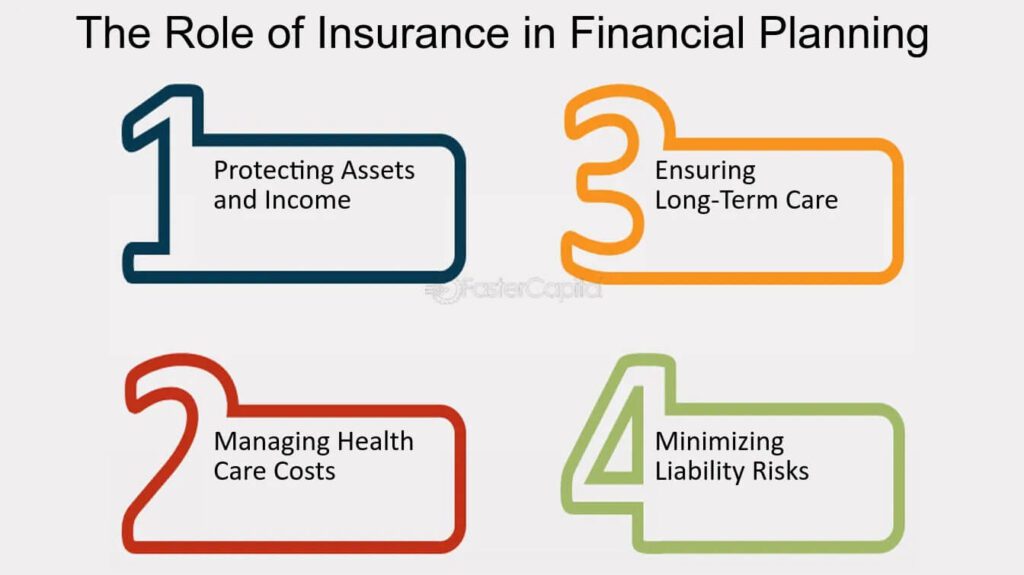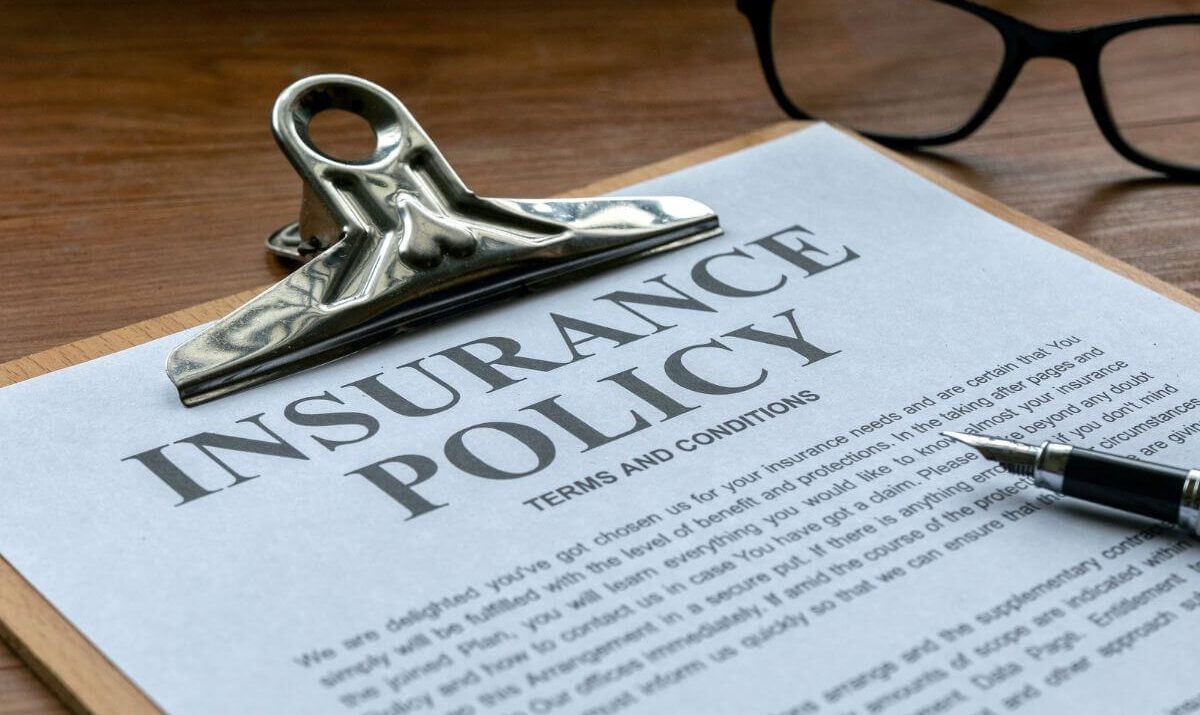An interesting fact about insurance: the first known contract dates back to 1374 in Genoa, Italy. This shows that, even in the past, people respected insurance contracts. Financial planning becomes crucial during uncertain times, and insurance plays a key role. It’s an agreement between an insurer and an insured. The insured pays coverage costs to the insurer, who then provides protection against specified risks.
These risks can include loss of life, health issues, hospitalization, property damage, and even vehicle harm. This essentially allows both individuals and businesses to lessen the financial impact of any unforeseen negative event. This protection enables them to recover from losses, maintain their assets, and preserve their standard of living.
Today, inflation costs are growing with the annual rate rising from 3.2% in 2011 to 8.3% in 2022. Naturally, this affects medical expenses alongside others like houses and cars, causing financial stress. According to data, US healthcare costs roughly $12,318 per person while in other countries it’s estimated to be $5,000.
Keeping this in mind, we can conclude that insurance has never been more needed than it is at this moment.
Types of Insurance
Insurance varies by type, and depending on your needs, you’ll likely choose from one of the following categories:
Life Insurance
This aims to give monetary support to the families of the insured after they have passed away. It is of high importance for those who have people depending upon them. Life insurance takes care of living costs, debts, and funeral bills. Over 51% of the US population is covered under life insurance.
Health Insurance
Health insurance is designed to protect individuals from high medical costs. This coverage, which may be partial or comprehensive depending on the plan, offers financial relief amid rising healthcare costs. 304 million people in the US have some form of health insurance.
Auto Insurance
Vehicles are personal assets that are always at risk of facing accidents. When this happens, it can be costly to repair them depending on value and damage. Auto insurance covers harm to the vehicle as well as injury sustained by other people from accidents.
Homeowners Insurance
This type caters to any financial losses that might come from damage to homes or belongings stored there. Events like fires, thefts, and natural disasters that may cause harm are often covered by this type of insurance.

Importance of Insurance in Financial Planning
Financial planning means to judge how well-maintained your finances are, including budgeting and savings. However, life is unpredictable and accidents and events happen daily. They may be a great threat to some, causing financial planning to go wrong.
A survey revealed that 37% of US citizens would not be able to produce $400 for an emergency fund. Insurance behaves like a safety net here, protecting and helping you recover. Obtaining a plan means that you don’t have to reach out to your life savings or investments to cover costs.
Apart from this financial benefit, insurance has another positive: it gives you peace of mind. Knowing that you have coverage in place, you can set out to achieve your goals without worry.
How Insurance Fits into a Financial Plan
Making a completely bulletproof financial plan may be impossible, but there are approaches you can take to safeguard yourself and your assets. You’ll first need to check what possible risks you face and the insurance needs you have. Here we evaluate family members, like spouses and children, as well as personal health and any properties we own.
After this step, focus on creating an insurance strategy. Start by identifying the types of insurance you need. Then make sure your chosen plans cover all important areas. Remember that good insurance often comes with higher premiums. Be sure to keep this in mind as it also comes under financial planning.

Choosing the Right Option
Since there are plenty of options available to choose from, it can get confusing to select the right plan. You’ll need to identify key factors like the type of coverage. This varies from person to person, for example, if you have children and need to cover their expenses for the future, having a life insurance plan that caters to them becomes essential.
There are also further categories within a type of insurance. Health insurance is a good example of this as it can go different routes. One might cover actual hospital costs while another may give a fixed amount depending on the event.
And of course, you can’t forget the premium that needs to be paid. Remember that while a lower premium is better, it may not offer as much benefit as higher-tiered plans.
Be sure to thoroughly research and compare different plans to find what suits your needs. Once the insurance is in place, keep up with policy reviews. This means keeping your plans updated as major changes happen, like marriage or the purchase of a house.
Conclusion
It’s during times of crisis that one understands the importance of insurance. It’s more than a business tool; it’s a key part of financial planning. When you include it in your future plans, you gain several important benefits. You’ll be able to secure your loved ones and safeguard your assets against unexpected events.
Sources:
- https://www.hdfcergo.com/blogs/general-insurance/importance-of-insurance
- https://www.finideas.com/the-role-of-insurance-in-financial-planning/
- https://www2.deloitte.com/us/en/pages/financial-services/articles/insurance-financial-planning.html
- https://www.investopedia.com/terms/i/insurance.asp
- https://www.bhartiaxa.com/life-insurance/types-of-insurance
- https://1finance.co.in/blog/6-factors-to-consider-before-choosing-term-insurance/










